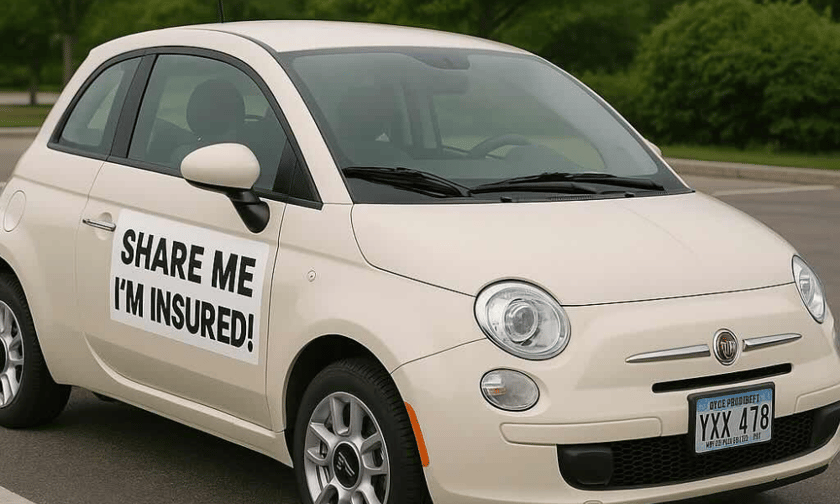

Minnesota lawmakers have introduced the Peer-to-Peer Car Sharing Program Act, a bill aimed at regulating the burgeoning peer-to-peer (P2P) car-sharing industry. If enacted, the bill will introduce a comprehensive framework governing insurance requirements, liability, and consumer protections, significantly affecting the insurance sector and rental car market.
The bill, H.F. No. 2752, defines key operational terms for P2P car-sharing services, clarifying the legal distinctions between car-sharing and traditional rental services. Unlike traditional car rentals, peer-to-peer car-sharing allows private vehicle owners to rent their cars to others via online platforms. By excluding P2P car-sharing agreements from the legal definition of vehicle rentals, the bill prevents these platforms from being classified as auto rental companies under existing statutes, impacting tax obligations and insurance regulations.
One of the bill’s most critical components is its insurance mandate. It requires P2P car-sharing platforms to assume liability for third-party bodily injury, property damage, uninsured or underinsured motorist claims, and personal injury protection (PIP) coverage during the car-sharing period. This provision effectively shifts primary liability away from individual vehicle owners, placing it on the platform operators.
P2P car-sharing companies must ensure that both vehicle owners and drivers are covered by motor vehicle liability insurance that meets or exceeds Minnesota’s minimum coverage requirements. If a dispute arises over vehicle control at the time of an accident, or if the P2P platform fails to provide necessary documentation, the bill mandates that the platform’s insurance must assume primary liability. Notably, if an accident occurs in a state with higher minimum liability coverage, the P2P platform must cover the difference, ensuring compliance across state lines.
The bill also permits authorized insurers to exclude coverage for vehicles participating in P2P car-sharing programs. This means personal auto policies can legally deny claims related to vehicle damage or liability incurred during a car-sharing period, reducing insurers’ exposure to unexpected risks. However, insurance providers can still offer specialized P2P insurance products to fill coverage gaps, creating new opportunities for insurers to expand their offerings.
Additionally, the bill introduces provisions allowing P2P platforms to provide “financial protection packages.” These packages can include a combination of traditional insurance coverage and contractual risk assumption, effectively functioning as an alternative to standard collision damage waivers. This move is expected to impact insurance underwriting practices, as companies may need to reevaluate risk exposure and premium structures for both individual policyholders and corporate clients.
To enhance consumer safety, the bill requires P2P car-sharing platforms to verify that listed vehicles are not subject to unresolved safety recalls. It also mandates disclosure of potential insurance gaps, such as a lienholder’s restrictions on vehicle use in P2P programs. Drivers must have valid licenses, and platforms are required to maintain detailed records of transactions, providing insurers and claim investigators with necessary documentation in the event of an accident.
By repealing existing rental vehicle insurance statutes and replacing them with P2P-specific regulations, the bill ensures that Minnesota’s insurance laws keep pace with evolving mobility trends. The move has received mixed reactions from industry stakeholders—while insurers welcome the clarity on liability, some express concerns over potential shifts in premium structures and risk assessments.
Set to take effect on January 1, 2026, the bill marks a significant regulatory shift in Minnesota’s auto insurance landscape. As other states grapple with similar issues, Minnesota’s legislative approach could serve as a model for future P2P car-sharing regulations nationwide. For insurers, P2P platforms, and vehicle owners, adapting to these changes will be key in navigating the evolving transportation economy.
